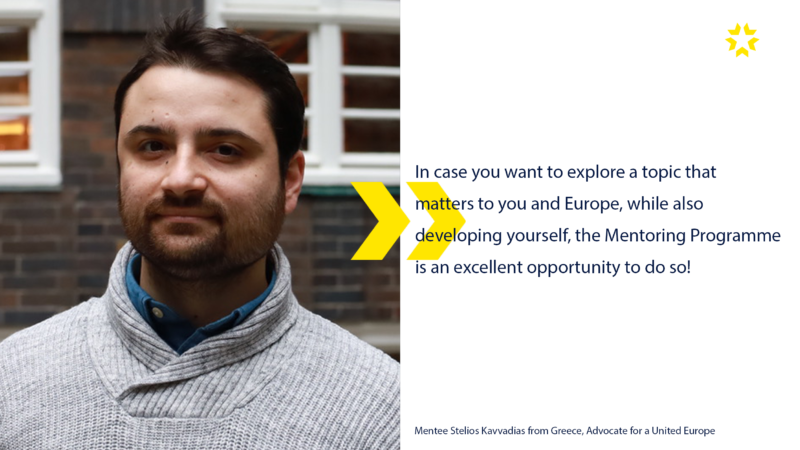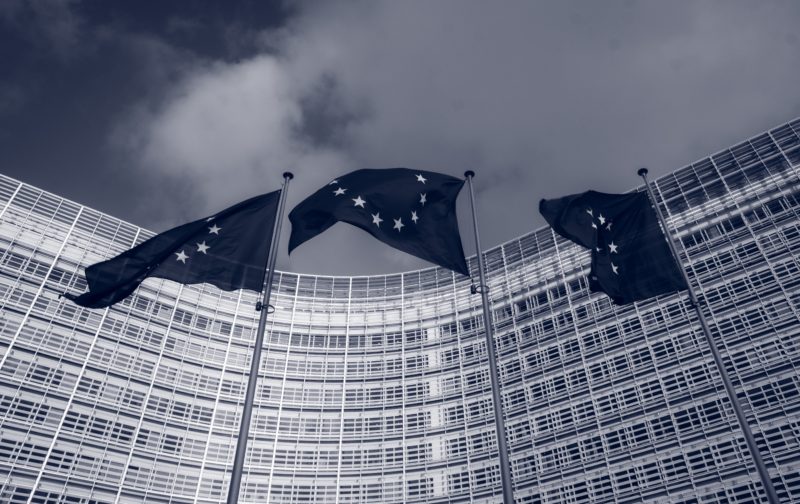Philanthropy and corporate social responsibility have gained increasing importance in Europe in recent years. A study conducted in 2021 shed light on the status of philanthropy and fundraising in 6 prominent European countries – France, Germany, Netherlands, Spain, Switzerland and the United Kingdom [1]. The study revealed that philanthropy remains predominantly national, and surprisingly, corporate philanthropic commitment is quite robust. However, despite the European Union’s principles of free movement of capital, facilitating cross-border donations to NGOs within Member States remains a daunting challenge due to legal, tax and regulatory complexities which discourage such donations. For companies operating in the European Union, contributing to social and environmental causes is increasingly seen as a responsibility. Nonetheless, these businesses must also maintain financial health to sustain their operations effectively. Making donations to NGOs based in other Member States introduces legal and tax risks that many companies find discouraging. Consequently, they often choose to support where they can be certain of tax-deductibility [2]. For a company leader, deciding to donate to an NGO in another EU Member State is fraught with uncertainties. The fear of facing legal action or incurring tax penalties for non-compliance often deters potential cross-borders donors. Despite the alignment of the NGO’s goals with the company’s ESG objectives, the lack of clarity surrounding legal and tax regulations remains a significant concern. Conversely, donations to national NGOs are perceived as safer due to the assured tax deductibility.
 Transnational Giving Europe Network, established in 1995, aims to address some of the complexities surrounding cross-border philanthropy by simplifying the donations process across Europe while mitigating legal and tax risks [3]. However, the service comes at a cost, as a percentage of the donation is retained by the Transnational Giving Europe Network, thus reducing the actual amount of the donation intended NGO.
Transnational Giving Europe Network, established in 1995, aims to address some of the complexities surrounding cross-border philanthropy by simplifying the donations process across Europe while mitigating legal and tax risks [3]. However, the service comes at a cost, as a percentage of the donation is retained by the Transnational Giving Europe Network, thus reducing the actual amount of the donation intended NGO.
To explore potential solutions for simplifying cross-border corporate donations in the EU and maximizing their impact, it is crucial to identify the barriers that companies face when attempting to donate to NGOs based in another Member State. This article focuses primarily on Germany, which boasts the largest economy in the EU and exhibits a strong corporate culture with a considerable involvement in philanthropic activities. Additionally, Germany’s thriving “donation market” and commitment to ESG (Environmental, Social and Governance) goals make it a pertinent case study.
In Germany, for a donation to be tax-exempt, a company based in Germany must demonstrate to the German tax service that the foreign NGO meets the exact same conditions as the equivalent German entity [4]. This requirement proves challenging, given the variations in national laws across Member State regarding NGOs. Although the European Court of Justice “has ruled that donations by a taxpayer to charitable entities resident in another EU member state must generally be tax deductible under the law of the donor’s jurisdiction” [4], the absence of harmonization regarding the criteria for NGOs eligible to receive tax-exempt donations complicates matters. [2]. While there is a clear desire on the European-level to facilitate cross-border donations and promote philanthropy, practical obstacles remain significant and numerous. It is possible that some of these barriers are in place to prevent potential tax evasion loopholes, particularly when the receiving NGO is in a Member State with a tax-friendly environment, limited oversight and law enforcement. [2].
In conclusion, the importance of philanthropy and corporate social responsibility among Member States cannot be overstated. However, despite the shared will in the European Union to encourage cross-border donations, complex legal, tax, and regulatory hurdles persist, discouraging companies from contributing to NGOs in other Member States. To truly facilitate cross-border philanthropy, harmonization of national laws and regulations across the EU is necessary. Such measures would encourage companies to support NGOs aligned with their values and further promote social and environmental causes on a pan-European scale.
We would like to thank the author, Stelios Kavvadias, for participating at the United Europe Mentoring Program (Class 2022/23).




